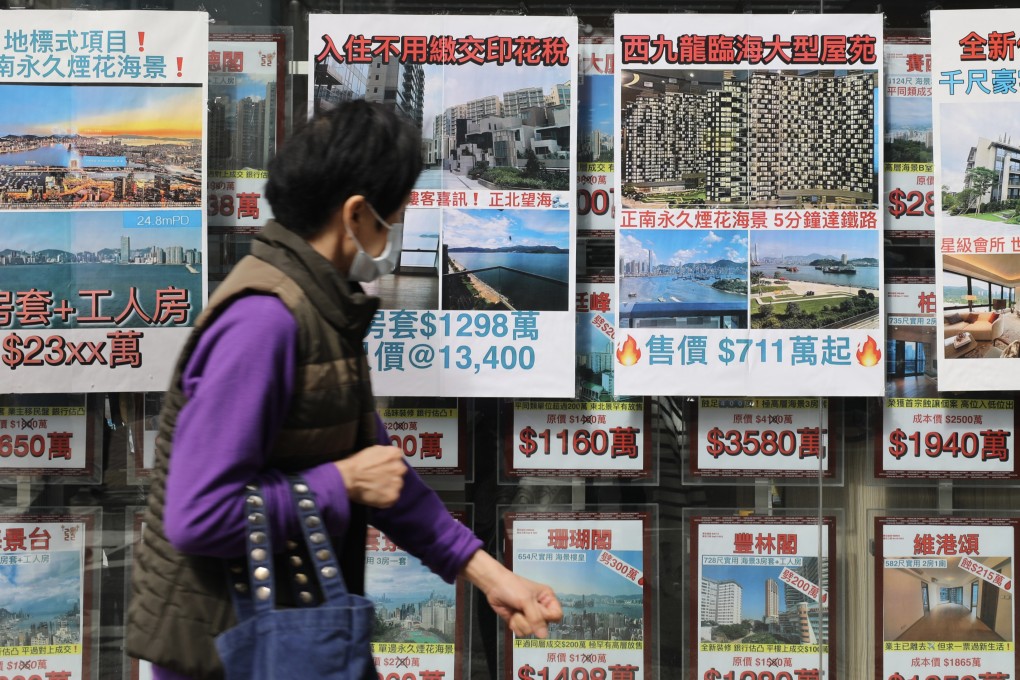Editorial | Reasons to remain positive despite Hong Kong’s rise in negative equity
- Cases are only a fraction of those seen during the Sars slump in 2003, and they should fall as Hong Kong reopens from Covid with more jobs being created

Headline news about a big jump in negative home equity may look scary at first sight. After all, the data indicates a 22-fold increase from a year ago, to an 18-year high of 12,164 cases.
But let’s put things in perspective.
Last time Hong Kong had a real property slump because of the severe acute respiratory syndrome (Sars) outbreak in 2003, there were 105,697 such cases.
Of course, that doesn’t stop real estate developers and property agencies from urging the government and the Hong Kong Monetary Authority to scrap the market-cooling “spicy” measures implemented a decade ago so as to jolt the housing market and bolster prices again.
It’s good they find compassion for families whose home equities are under water. More likely though, they are dying for a return to the go-go years of the past decade, which made the city’s property market the most expensive and unaffordable in the world.
Indeed, some analysts have attributed home unaffordability as a contributing factor to the social unrest that manifested itself in 2019.
